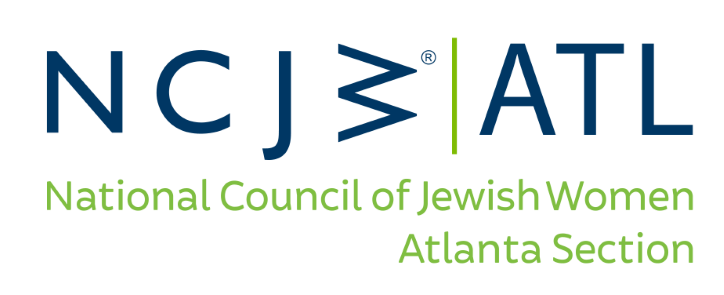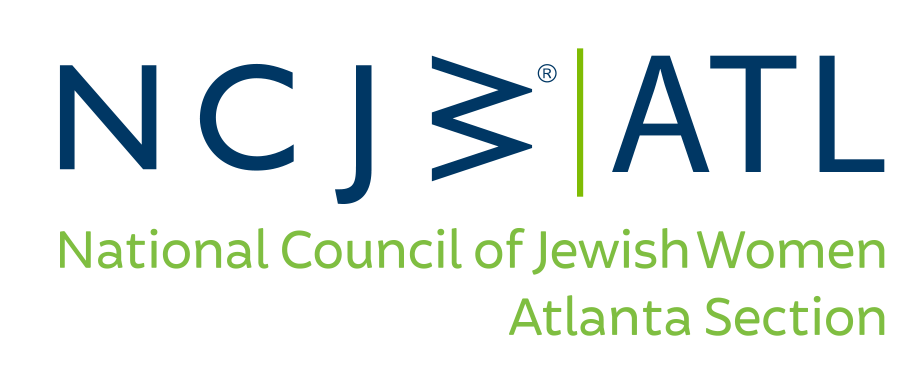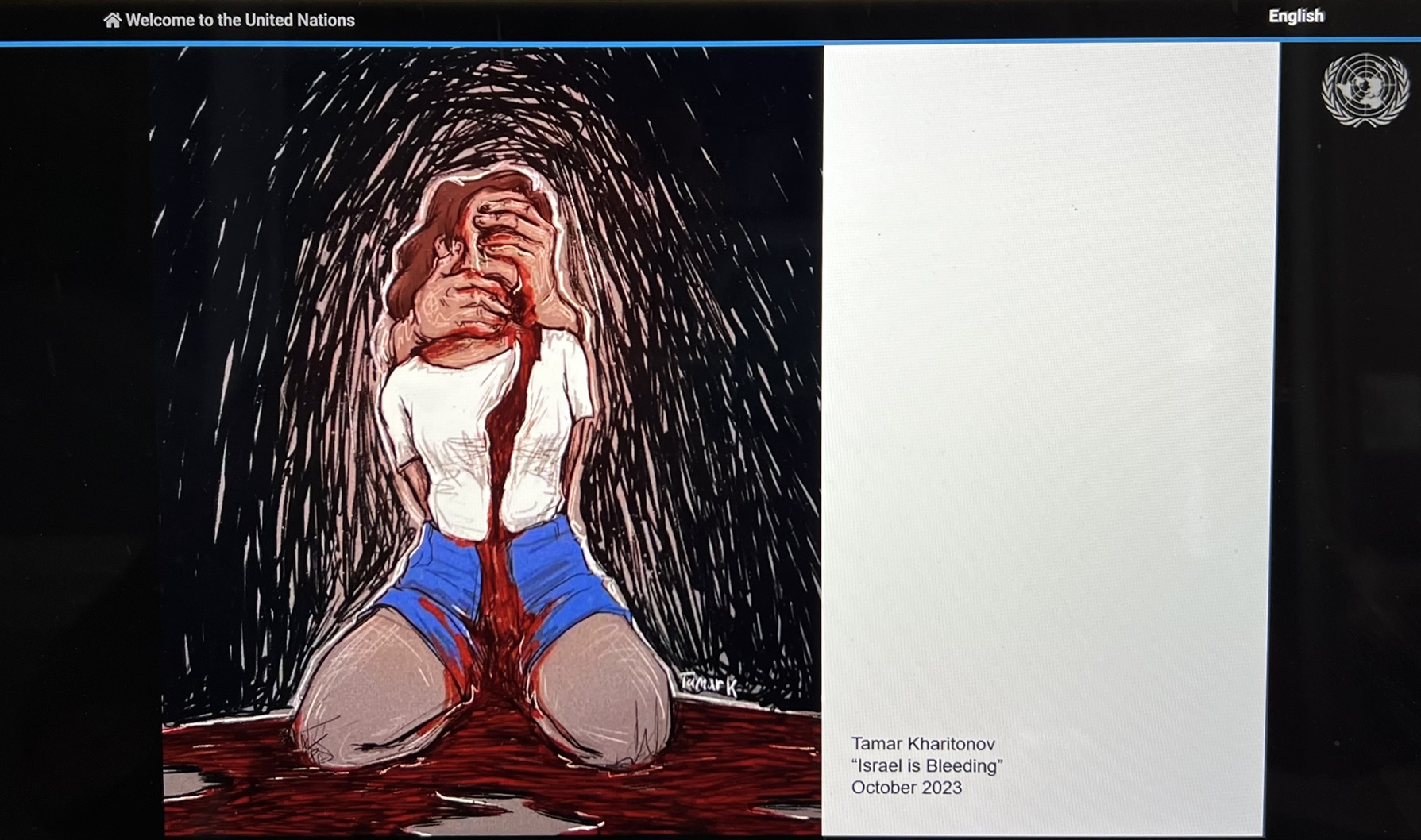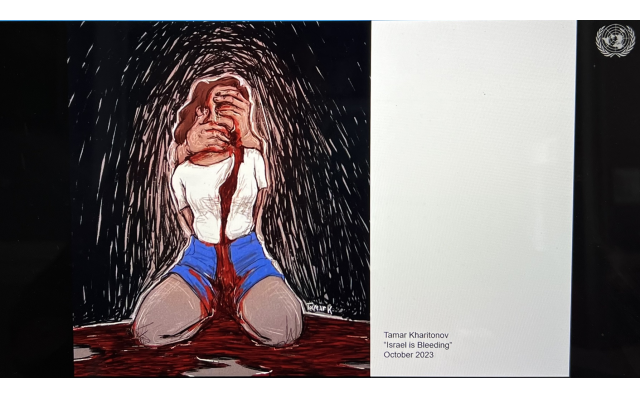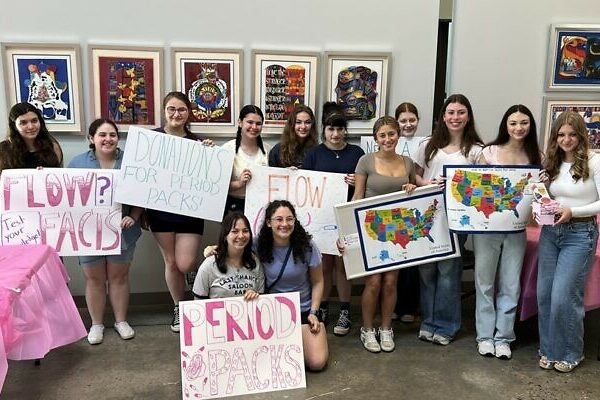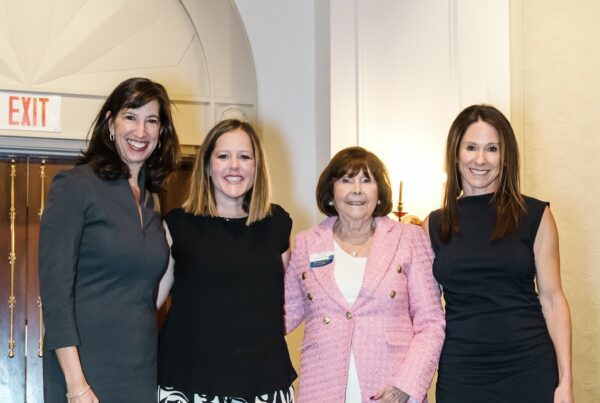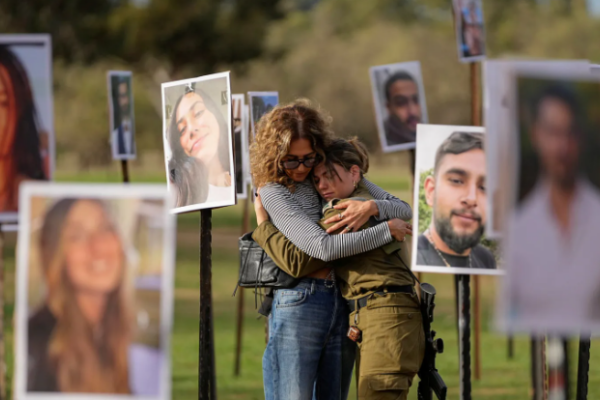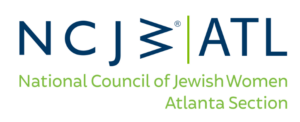Jewish Women Want Plan to Address Rapes of Israelis
Many horrified by lack of condemnation from other women’s groups.
By Jan Jaben-Eilon | Atlanta Jewish Times
Already in October, a letter organized by the National Council of Jewish Women and 140 women’s organizations, including Hadassah Foundation, responded to the initial Oct. 13 statement by the UN women’s group, saying it “completely ignores the horrific situation of more than 220 innocent hostages, women, men and children, from the age of nine months to 85 years old.”
The Jewish women also charged the UN group with overlooking the “brutal attack and atrocities led by Hamas,” and said that it was “outrageous that UN Women – an organization that calls itself a ‘global champion for women’ – could issue a statement following the barbaric Hamas terrorist attacks that so callously disregarded the lives and safety of Jewish and Israeli women.”
Several Atlanta female rabbis belong to the Women’s Rabbinic Network, which issued a statement decrying the “lack of condemnation and outrage at the Hamas terrorists’ sexual assaults of girls and women in Israel. … We call upon the United Nations to uphold Resolution 1820 adopted in June 2008, that rape as a tactic of war is a crime against humanity. They, and we, must name it and condemn it now and always.”
Even today, Jewish women’s groups locally, nationally, and in Israel continue to express outrage that non-Jewish women’s organizations that had stood alongside them in addressing other women’s or progressive issues had remained silent about this devastating attack that has shocked the Israeli and worldwide Jewish community.
In mid-November, a new hashtag was conceived in Israel: #MeToo_Unless_UR_a_Jew, a takeoff from the MeToo Movement that raised awareness around the issue of sexual harassment and abuse that gained prominence in 2017. Just days after its creation, it spread across social media and even was the subject of a website. Individual Atlanta Jewish women sent emails to their friends, underlining how “devastated” they were “by the silence of the UN and women’s organizations around the world who have turned their backs on Israeli women who were brutally and savagely attacked on Oct. 7th There are no words.”
These women encouraged others to go to https://www.metoo-unlessurajew.com and add their signatures to a petition.
Stacey Hader Epstein, co-president of the National Council of Jewish Women Atlanta Section along with Susan Gordon, were “horrified that our partner organizations were not responding” to the increasing evidence of the weaponizing of rapes that was coming out of Israel. The non-Jewish women’s groups were either not even acknowledging the Oct. 7 massacre or, in one case, just responded about the number of Palestinians being killed in Gaza since the Israeli Defense Forces counter-attacked against Hamas.
In an earlier statement, the two women spoke of a commitment to “bringing the brutality of these war crimes to light. We are actively working with our national office … to create awareness of this cruelty which seems to have gotten lost in the rhetoric of this heinous war.”
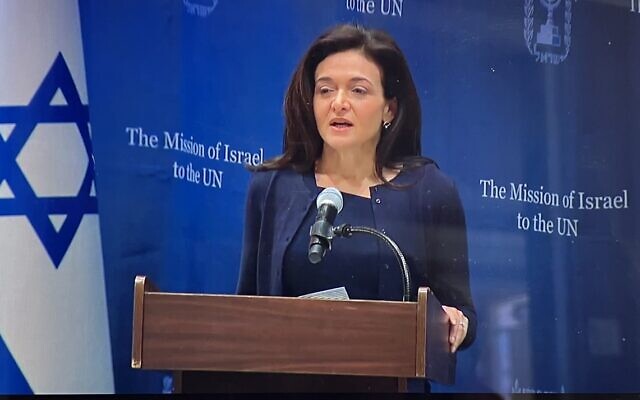
Speaking at the U.N. Women’s hearing, Sheryl Sandberg, founder of LeanIn.Org, stressed that “rape should never be used as an act of war. This truth must be upheld despite the politics of our time.”
In fact, the national CEO of NCJW, Sheila Katz, was one of the main speakers at the meeting of the UN Women, as the committee is often called, along with Sheryl Sandberg, founder of LeanIn.Org and former top executive at Meta Platform.
Sandberg stressed that “rape should never be used as an act of war. This truth must be upheld despite the politics of our time. Because no matter what marches you are attending, what flag you are flying, what religion you practice, or if you practice none at all, there is one thing we can all agree on: there are exactly no circumstances that justify rape. None.”
At the Dec. 4 special UN session, titled “Hear Our Voices,” several Israeli officials who identified and prepared the bodies of deceased females for burial in Israel presented evidence of the rapes and molestation. There was never a lack of evidence. But the actual number of women raped is still unclear because the Israeli authorities were faced with the unbelievable challenge of finding hundreds of bodies, some mutilated, some burned beyond recognition. The evidence included actual videos taken by Hamas at the time of the attack and taped admissions by Hamas terrorists caught and questioned by Israel afterwards. Eyewitnesses during the attacks and by the Israeli medics who went to the scenes afterwards spoke at the UN meeting. “One body was turned over and they couldn’t tell if it was a man or woman,” noted Epstein.
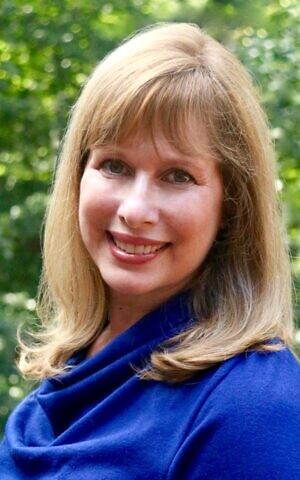
Stacey Hader Epstein
According to Epstein, representatives from 41 countries attended the meeting. “The room was packed. They could have filled four more rooms,” she said, pointedly stating that the meeting “should have been held weeks ago.”
Other local and national Jewish women’s groups had already expressed their outrage, along with support for their “Israeli sisters” before the early December UN meeting.
In its statement, the Jewish Women’s Fund of Atlanta noted the “facts about these war crimes and their aftermath have been thoroughly documented by our own current Grantee Partners – Association of Rape Crisis Centers Israel, Itach Ma’aki Women Lawyers for Social Justice, Physicians for Human Rights, Israel Coalition for Reproductive Rights, WePower and Women’s Spirit – whose work in real time, 24×7, on the ground in Israel bear irrefutable witness.”
At the UN Women’s hearing, NCJW’s Katz referred to a ripple effect created as a result of the meeting, with increasing awareness of what happened, specifically to women, on Oct. 7. “I’ve already seen it,” said Epstein, “coming across social media and on TV.”
In an effort to expand on that ripple effect, on Dec. 7, Epstein’s organization initiated a small roundtable meeting of fewer than a dozen Jewish women leaders in Atlanta to come up with an action plan going forward. “Then we’ll bring in more Jewish women, non-Jewish women and women from other cultures” to address not only what happened on Oct. 7, but the distress Jewish women felt at the issue being ignored.
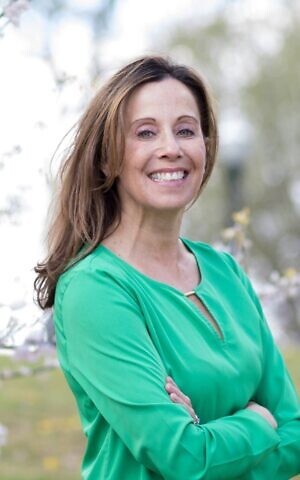
Susan Gordon, pictured here, along with Stacey Hader Epstein, co-presidents of the National Council of Jewish Women Atlanta Section, were “horrified that our partner organizations were not responding” to the increasing evidence of the weaponizing of rapes that was coming out of Israel.
In its invitation to the women leaders, NCJW explained that the purpose of the Dec. 7 meeting was “to brainstorm messaging and action in response to this lack of condemnation. We see this as a starting point, with the potential to enlarge our group to include our friends from other faiths who stand with us in our horror. The hideous stories from Oct. 7 have been blatantly disregarded and it is our moral imperative to make sure these women are not forgotten.”
As she told the AJT, “We are shining a light, a major big spotlight” on the issue, “for our sisters in Israel. We can hope and pray to open up the conversation for all women.”
In fact, as a result of the Dec. 7 roundtable, NCJW – along with JWFA, the Jewish Community Relations Council of Atlanta, Temple Sinai, Jewish Democratic Women’s Salon and Hadassah – scheduled a menorah-lighting ceremony, titled “Shine the Light,” on Friday, Dec. 15, at 1 p.m. at The Temple “in solidarity with Jewish and non-Jewish community partners.”
Epstein said her group was “delighted that our non-Jewish partners and friends are stepping up in solidarity. Their support is a hopeful sign for our future work together.”
Several Jewish organizations, including JWFA and led by the Hadassah Foundation, also have scheduled a virtual program entitled “The War’s Impact on Women in Israel: Responding to Emergency Needs & Speaking Up on Gender-Based Violence,” on Dec. 19. Among the speakers is Dr. Cochav Elkayam-Levy, who heads the Civil Commission of Oct. 7 Crimes by Hamas Against Women and Children.
Epstein acknowledged that rapes have been a weapon of war for centuries, but in the past, in many countries, women were too ashamed to draw attention to the fact. “Jewish women have found the gumption to speak up. We’ve spoken up for others and now we’re speaking up for ourselves.”
